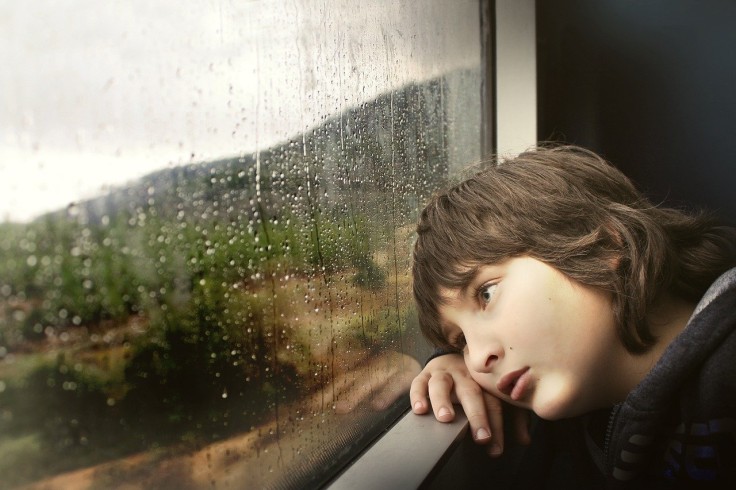
A minimum of 1.5 million children across 21 countries dealt with the loss of a parent or grandparent due to the COVID-19 pandemic from March 2020 to April 2021, a new study has revealed.
Experts from a combined team of researchers -- from the Centers for Disease Control and Prevention (CDC), USAID, University College of London, the World Bank, and various medical institutions -- learned that for every two deaths to COVID-19, one child faced the death of a parent, a grandparent or a primary caregiver. A child who lost a parent or primary caregiver to the virus is not only stressed and in mourning but also likely to have had the disease.
Dr. Susan Hillis of the research team said that the impact of COVID-19 would bring lifelong adversities to these children, such as mental health problems, poverty, and physical, emotional, or sexual violence. This also means that they will have increased risks for suicide, teen pregnancy, chronic diseases, or HIV/AIDS.
The experts said that "orphanhood and caregiver deaths" are the glaring hidden pandemic brought on by the virus, and they are not aware of any country that has done a census on the young victims left behind.
The researchers said that they arrived at the estimates using the same mortality and fertility data model for children who became orphans because of AIDS. Their findings were published in The Lancet journal.
Focus on the Kids Now
The study suggested that global economies must start focusing on children and vaccinate them as soon as possible to reduce the transmission rate or deaths among the vulnerable. The experts also recommended giving families a comprehensive evaluation, such as testing, tracing, and other appropriate medical or safety protocols, including mental health support, if one member becomes infected.
Families should also be guided on developing a plan if a parent or caregiver might not survive the virus. The researchers advised against institutionalizing orphaned children as it can impact their developing brains.
The experts said that some countries are already implementing low-cost services similar to their recommendations, and it has been working for the children left behind. They urged other governments to develop solid intervention plans for these kids so they can best be supported in the long term.
"We must not forget that the pandemic continues to pose a threat to parents and caregivers - and their children," co-author Charles Nelson said.
No New Normal for Grieving Kids
Another study published in the journal JAMA revealed that 40,000 children in the U.S. lost a parent to COVID-19, especially among multi-racial families. While some may see life as going back to normal with many schools reopening this fall, it will never be normal for a child who no longer has a mom or dad because of the virus.
Educational experts said that schools have a crucial role in helping the children deal with the trauma of the pandemic. But some teachers said that they expect a range of behavior changes among the students who have to process their grief.
According to the American School Counselor Association, there should be a ratio of one counselor per 250 kids. Pre-pandemic, the ratio was at around 450 children per mental health expert.